In his first public comments since fleeing Syria and being evacuated to Russia, former leader Bashar al-Assad says his departure was unplanned.
The ousted Syrian president Bashar al-Assad has said he did not plan to flee his country, claiming instead that his Russian allies decided to evacuate him from a base in western Syria when it came under heavy drone attack.
In his first statement since the fall of his regime, the former ruler, whose family governed the country repressively for more than half a century, attempted to cast himself as a brave leader who fought until the end as opposition fighters closed in on Damascus.
Al-Assad — who cracked down violently on protests in 2011, sparking a bloody 13-year war in which at least 500,000 Syrians were killed — said he had remained in Damascus and performed his duties until the capital fell to opposition forces early on 8 December.
The rebels — led by Hayʼat Tahrir al-Sham (HTS), an Islamist group that was once an affiliate of Al-Qaeda — swept down from Syria's north in a lightning-fast offensive that began in late November. They first captured Aleppo, then Hama and Homs en route to Damascus, where they declared the end of the al-Assad regime.
“First, my departure from Syria was neither planned nor did it occur during the final hours of the battles, as some have claimed," Assad said in a statement published on the Telegram channel of the Syrian presidency. It is unclear who now controls the account.
Instead, al-Assad said he left Damascus in the early hours of 8 December for the Hmeimim airbase in Latakia, western Syria. There, it became apparent that the last Syrian army positions had fallen, he said in the statement.
"At no point during these events did I consider stepping down or seeking refuge, nor was such a proposal made by any individual or party," Assad said. "The only course of action was to continue fighting against the terrorist onslaught."
The US and other countries including regional powerbroker Turkey classify HTS as a terrorist group. However, world leaders have said they will see, with time, if HTS has truly moved away from its jihadist past, as the group has claimed since seizing control of Syria.
As well as trying to cast himself as a strong leader, al-Assad, who now lives in Moscow with his family after being granted asylum, also said that he was not corrupt.
"I have never sought positions for personal gain but have always considered myself as a custodian of a national project, supported by the faith of the Syrian people, who believed in its vision" he said.
When the al-Assad regime fell, signs of the wealth his family had looted during their rule became visible, including an enormous luxury car collection and designer clothing.
Celebrations took place across Syria after al-Assad, who was often referred to as "the butcher of Damascus", was deposed.
At the same time, thousands of anxious Syrians went in search of their loved ones, who had disappeared under al-Assad's rule into the depths of its brutal prison system. Many people are believed to have been tortured and killed by the former regime at sites including the notorious Sednaya prison in Damascus.
Marking the end of the al-Assad family’s grip on Syria, outgoing US President Joe Biden said: "At long last, the Assad regime has fallen. This regime brutalised and tortured and killed literally hundreds of thousands of innocent Syrians.
"The fall of the regime is a fundamental act of justice. It’s a moment of historic opportunity for the long-suffering people of Syria to build a better future for their proud country," Biden added.

 2 weeks ago
8
2 weeks ago
8
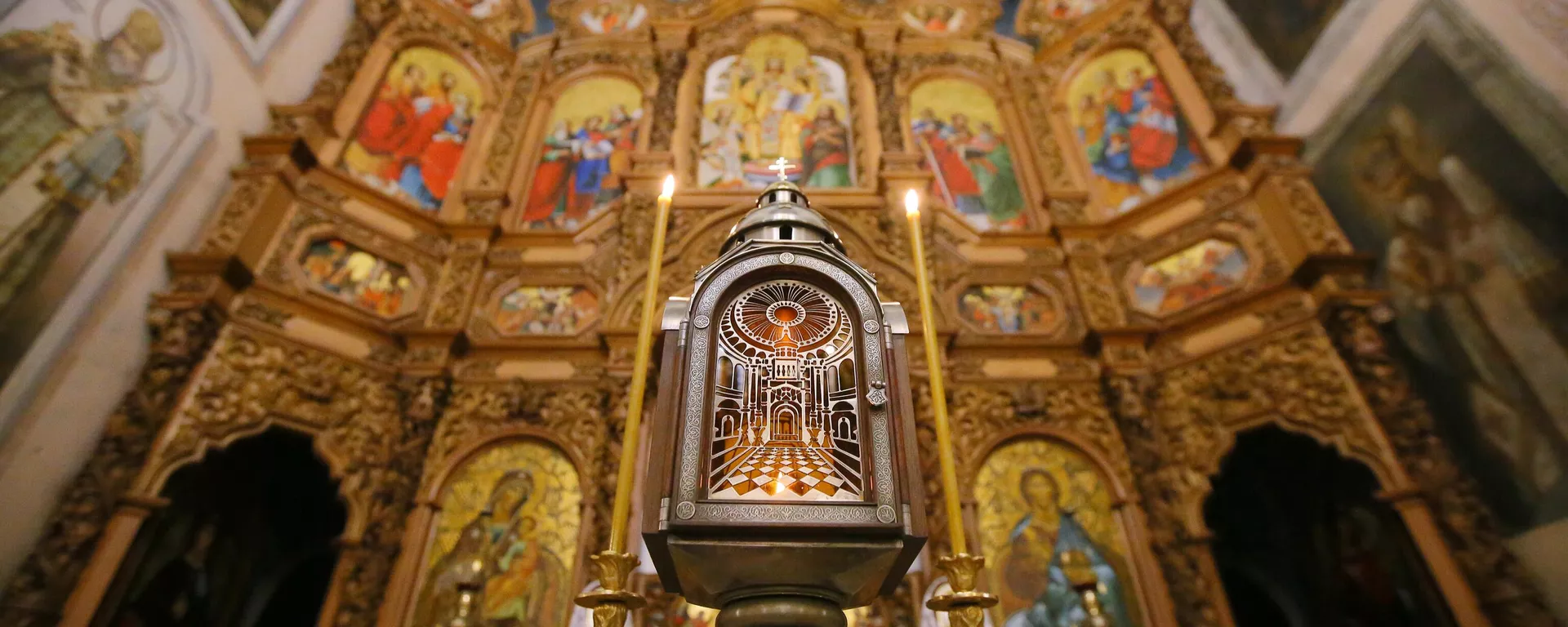
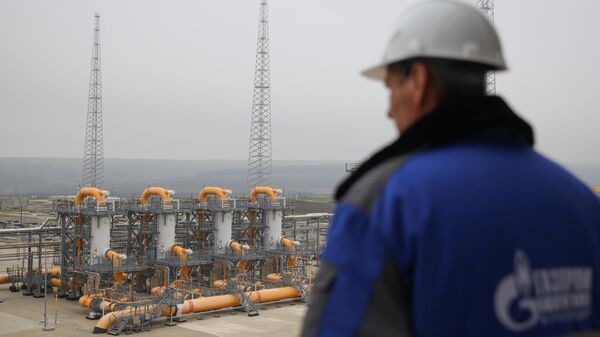
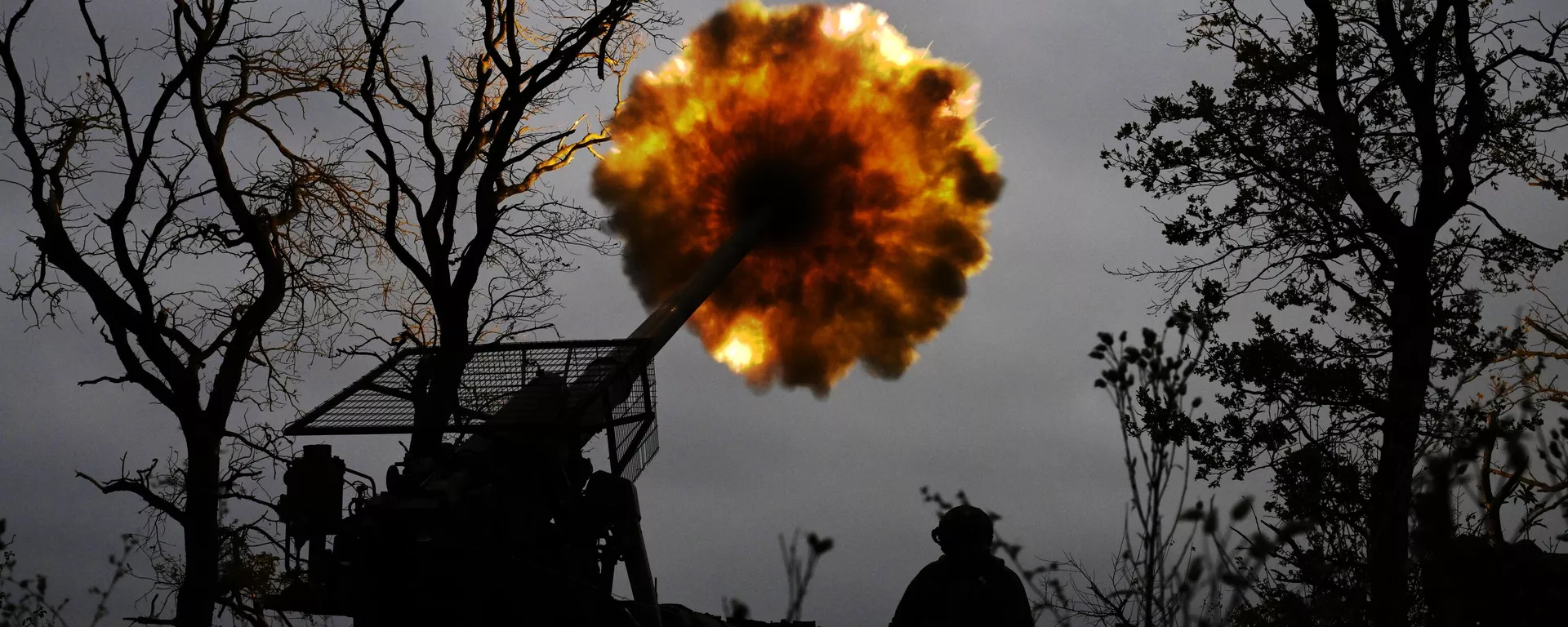
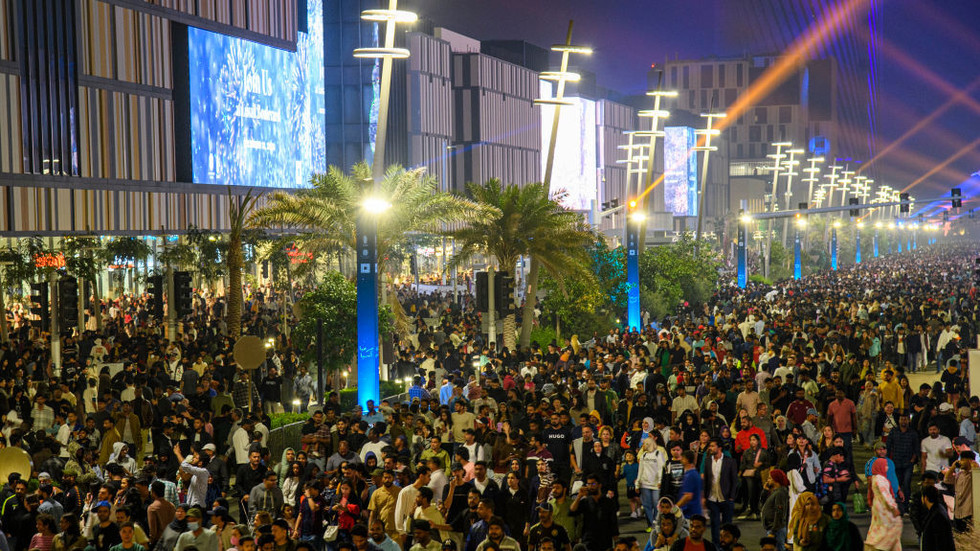
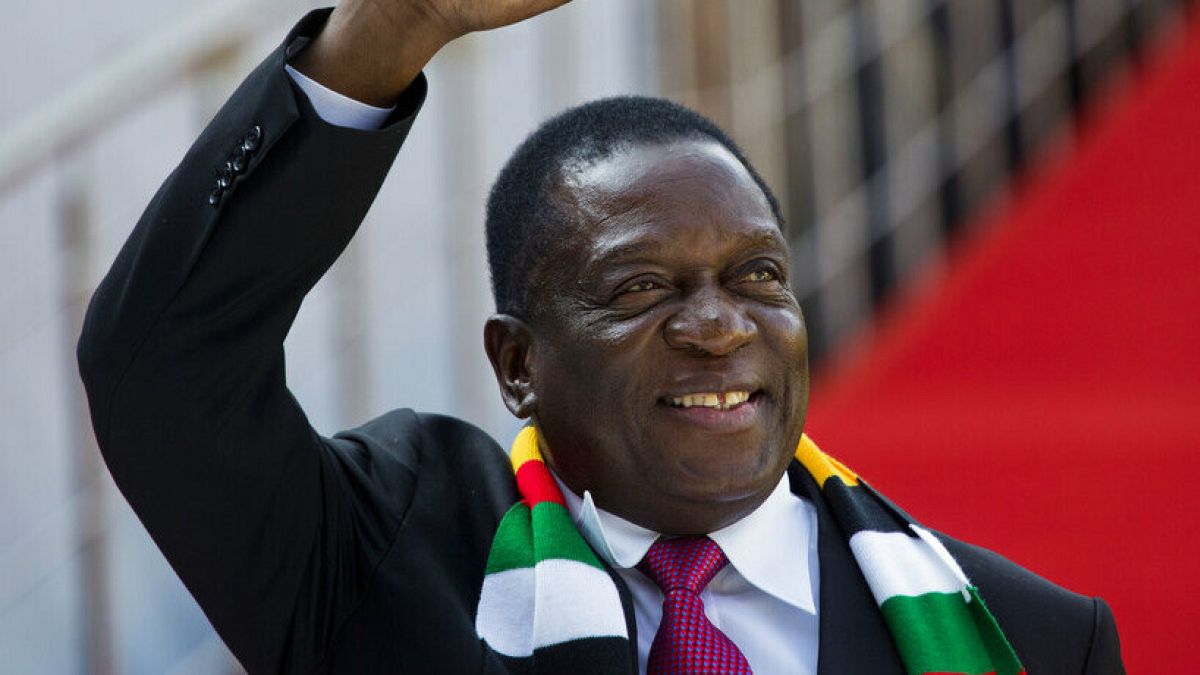
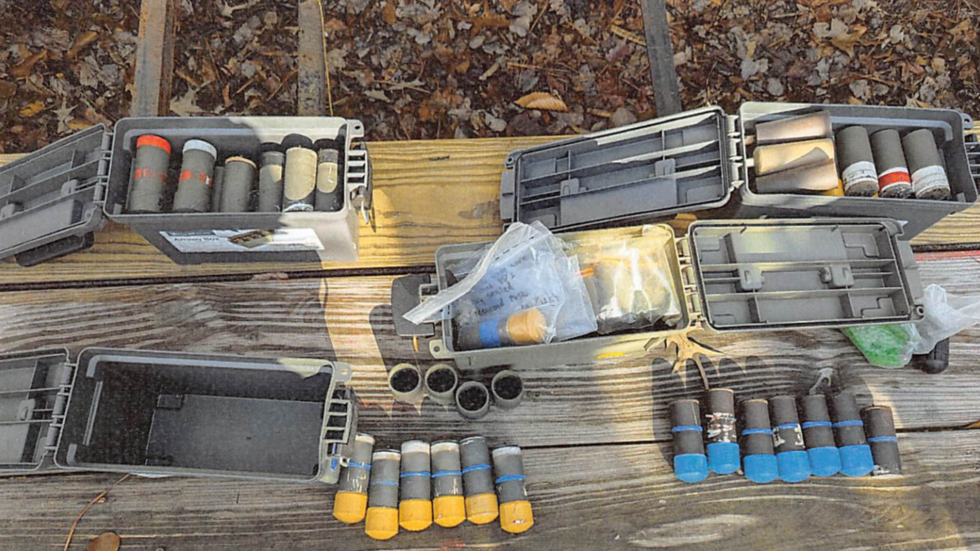
 We deliver critical software at unparalleled value and speed to help your business thrive
We deliver critical software at unparalleled value and speed to help your business thrive






 English (US) ·
English (US) ·